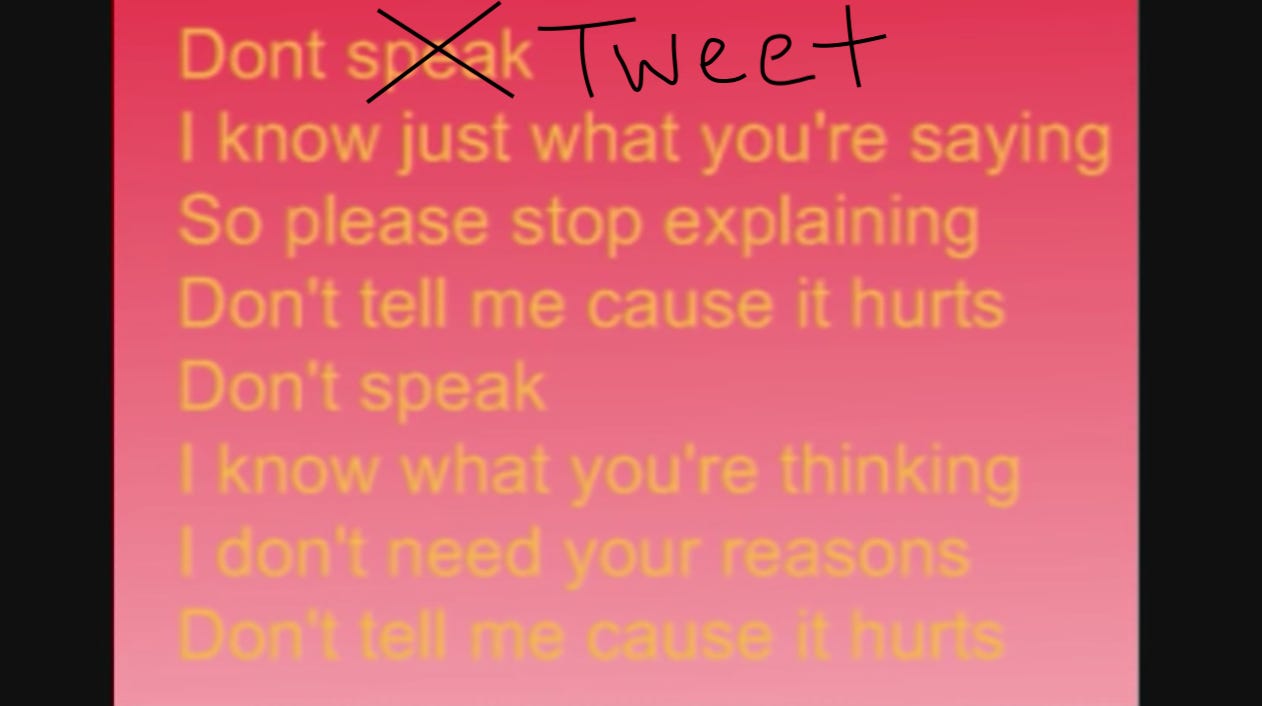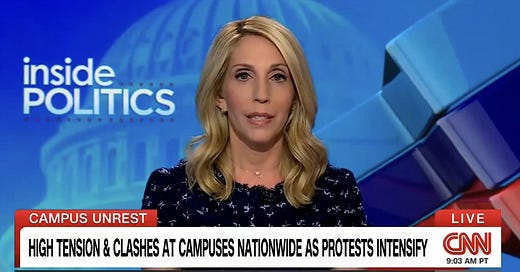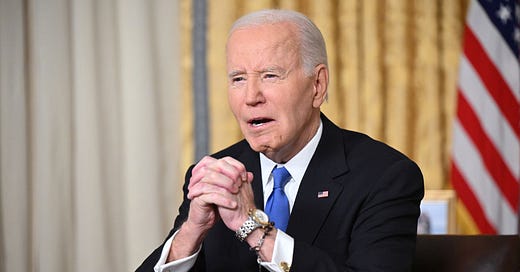
Have We Reached Peak 'Never Tweet'?
Rarely have the rewards been so paltry and the pitfalls so deep.

BREAKING NEWS: Online has been extremely bad lately, and that’s really saying something. Just why has it been so much worse than usual? Numerous semi-public to high profile users have forgotten the cardinal rule by which I strive to live my online life: You literally never have to post. If fact, it’s often much better if you don’t!
Take, for example, a controversy that is somehow still out there, one that I never wanted to acknowledge because it’s deeply stupid and I would hope no one cares. And yet here we are, riding along with Thomas Chatterton Williams, a writer I didn’t know existed until he recently—and quite memorably—tweeted about his stay in France, ruined by his own hand. “An American friend” who was visiting was compelled to attack now-self-expelled New York Times opinion hawk Bari Weiss, you see, and Williams felt compelled to defend her honor, only to have his wife make him delete a tweet about the matter.
Imagine, for a moment, if Williams had simply not tweeted—allowing the incident to recede into his own memory bank, perhaps only later to be recalled to a personal acquaintance, offline. Days and days of being clowned on could’ve been avoided! Perhaps he might’ve avoided hitting back (in a now-deleted tweet, of course) at a critic with transphobia! Unfortunately, we’ll never know. (A week earlier, Williams and dozens of others opened themselves up to the internet’s ire by signing onto that infamous Harper’s letter—itself a prime example of the perils of refusing to live the Never Post lifestyle.)
Now, sadly, as these things tend to go, Williams was doubling down on posting. Wrong move again!!


Are getting the facts—inasmuch as getting the title of someone who contributes to fucking Harper’s correct is a fact that matters in the grand scheme of things—important? Sure. Could this latest indignity been settled over, say, an email or a DM? You better believe it!
Here’s another person who cares deeply about facts—like, say, whether someone’s a pedophile—immediately reaping (blowback on Twitter) what he sowed (an idiotic opinion):
Bad opinion from a dude who can hardly build a rocket that doesn’t explode but is somehow still worth $70 billion! Musk is insulated from normal life to an extent that only the very rich and powerful fully enjoy, so I truly doubt he thought before posting: What if this opinion makes me look like a huge asshole? Maybe I shouldn’t tweet it and should just go back to working on mind control or some shit instead. Alas:
A two-act play if I’ve ever seen one!
Another excellent example of all the safeguards that might be in place to stop bad posts failing: consultant Gwen Snyder typing the words “ACAB, but” and hitting send.

In a lengthy thread, she went on to detail how, although she states she’s anti-police, it’s still worth using cops as a cudgel, but only against the bad people. She kept trying to tweet through the conundrum: “Abolish the police…but.”

It’s a seductive garden path for liberals: While you acknowledge police abolition is your ultimate goal, it’s inarguable that we don’t currently have alternate structures in place to protect and defend ourselves against people like Nazis, creating a circular argument that ends up justifying the need for police.
This all kicked off a not-particularly-constructive debate about whether you can really be an abolitionist who still calls the cops in particular cases. (I think it’s pretty clear that strict abolitionists would say these positions are irreconcilably at odds.)
All told, glancingly little new insight has been gained; everyone involved is just angrier. There can be no better justification for simply not tweeting.
Image via YouTube













One of the things I hate more than Twitter is the fact that I only joined Twitter because of the murder of GMG/Kinja. And now I’m on Twitter constantly despite the damage that it does to my already dead soul.
Counterpoint: post maloen